The Wisconsin Association of Meat Processors to Host Annual Convention and Trade Show
Middleton, WI – The Wisconsin Association of Meat Processors (WAMP) will host the 84th Annual WAMP Convention on April 13-16, 2023, at the Marriott Madison West-Middleton, WI. The convention hosts meat processors primarily from the state of Wisconsin, as well as industry suppliers to the meat industry.
The WAMP convention will kick off on Thursday, April 13, with a Pre-convention workshop hosted by the University of Wisconsin – Meat Science and Animal Biologics Discovery. The workshop focus is “Technology and Automation Working for You.” It will include demonstrations of equipment used in harvesting and further processing, and speakers will discuss implementation of automation in a meat processing facility.
On Friday, April 14, the event continues with educational sessions on: “Exporting Your Meat Products,” “WI DATCP [Department of Agriculture, Trade and Consumer Protection] Updates,” and “Improving Your Business Efficiencies with Outside Services.” The Trade Show showcases more than 80 vendors with goods and services for meat processing establishments on Friday afternoon.
The WI Specialty Meat Championships are held during the convention and is one of the largest meat competitions of its kind. This prestigious competition includes 34 classes of fresh and processed meats. Award are presented for each class as well as three overall awards.
The convention continues Saturday, April 15, with additional time at the Trade Show and educational sessions: “Changing the Culture of a Business,” “Retail Marketing and Creating Efficiencies” and “When to Buy, When to Lease.” The WI Specialty Meat Championships awards will be presented during the WAMP Annual Meeting on Saturday afternoon.
New for 2023: WAMP is offering Meat Science curriculum students to participate in the WAMP Convention (university, tech/community college, high school). Contact the WAMP office for a Student Registration form.
If you have an interest in the meat industry and attending the WAMP Convention, please see a detailed schedule and register at https://wi-amp.com/ or contact WAMP at 608-636-0639/email [email protected]. A WAMP membership is required to attend the convention. Join today at https://wi-amp.com/.
For more information, please contact Dianne Handsaker, WAMP Executive Secretary, at 608-636-0639; [email protected].
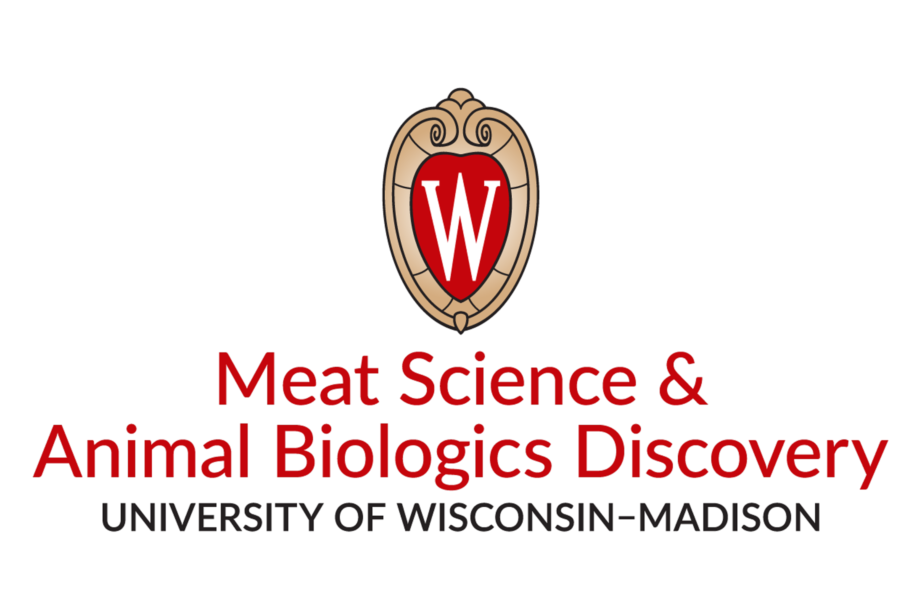
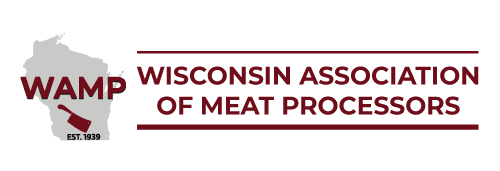

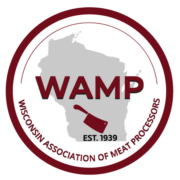
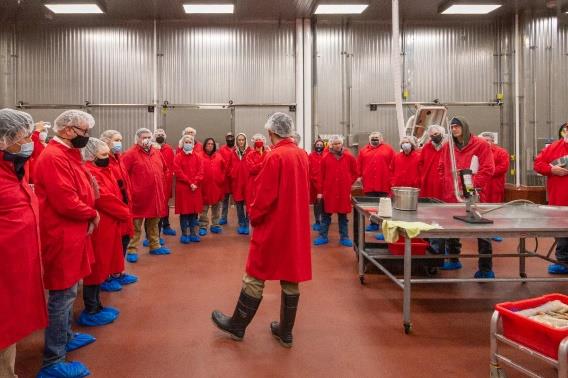 Additional MSABD Classes
Additional MSABD Classes